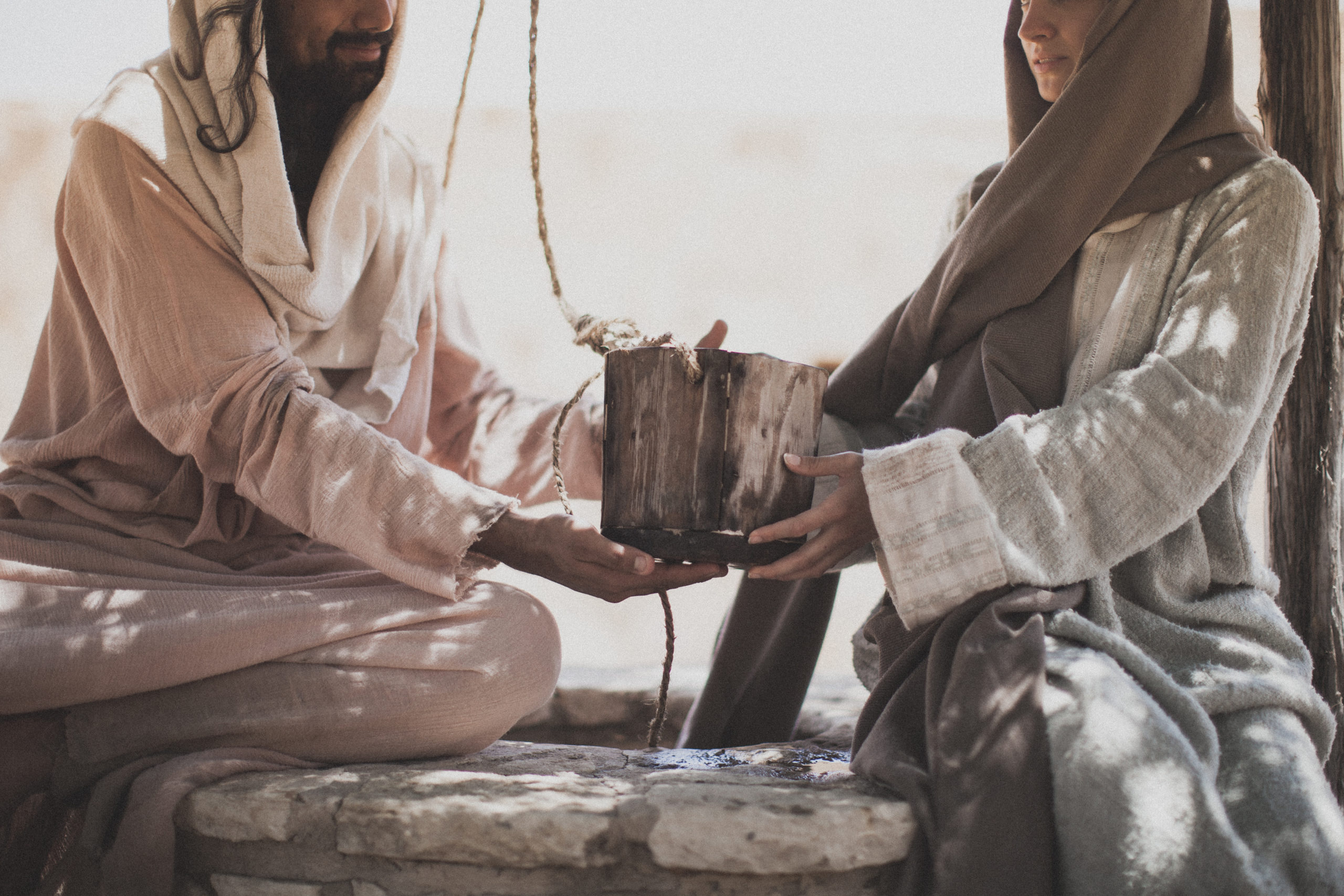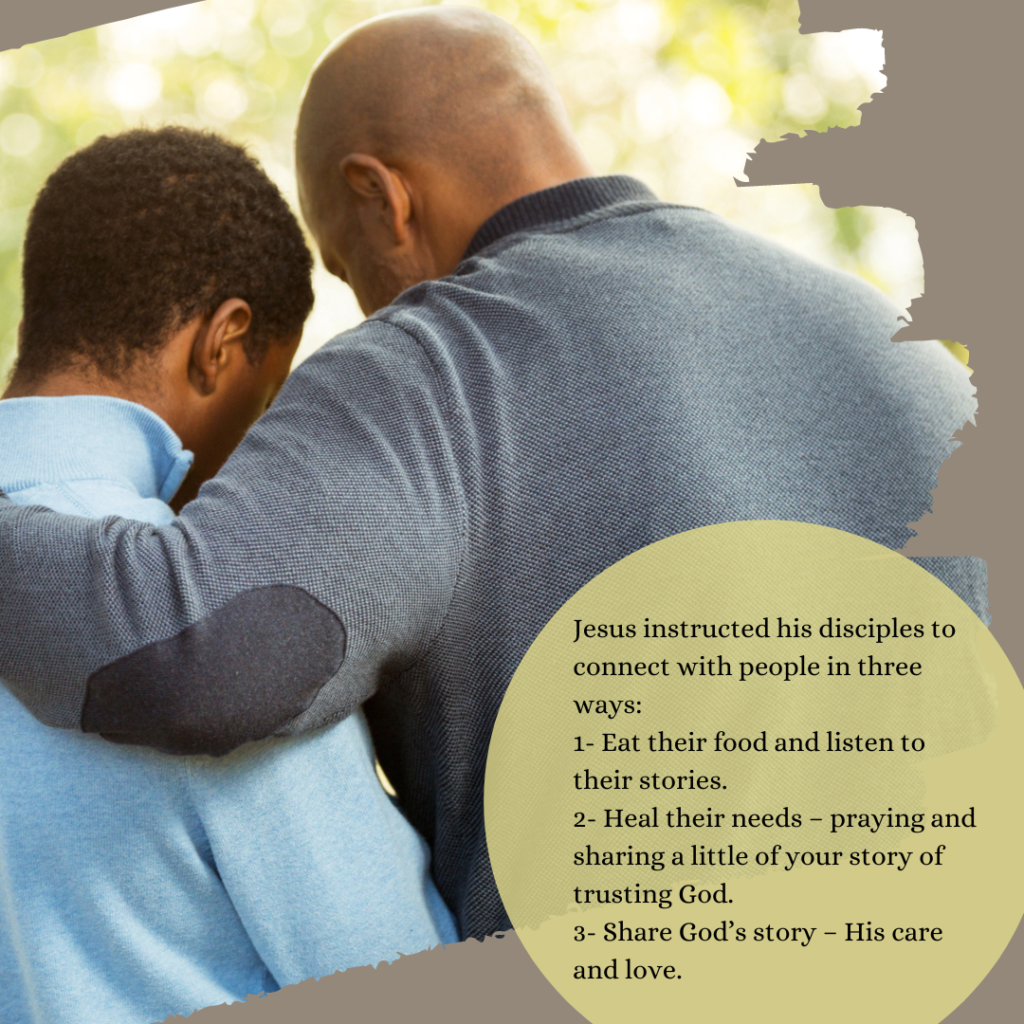The Relational Nature of Discipleship
The model of Jesus was that of the Rabbi. He came along side them.
The model of Jesus was that of the Rabbi. He came along side them. People spent time with him and learnt from his words, his example and his assignments in the context of every day life. Jesus did not run seminars. He took new disciples fishing, encouraged them to pray for more harvesters (Luke 10:2; cf. Colossians 4:2-4), and trained them to do three things to connect with others (see Luke 10:8, 9). Jesus instructed his disciples to connect with people in three ways:
- Eat their food – and listen to their stories.
- Heal their needs – praying and sharing a little of your story of trusting God.
- Share God’s story – His care and love.
What do these principles look like in the context of your life, church or ministry?
Coaching and mentoring is one of the ways in which disciples are made, leaders developed and churches multiplied.
Emotional health and healthy relationships are vital to healthy disciple making communities and families.


